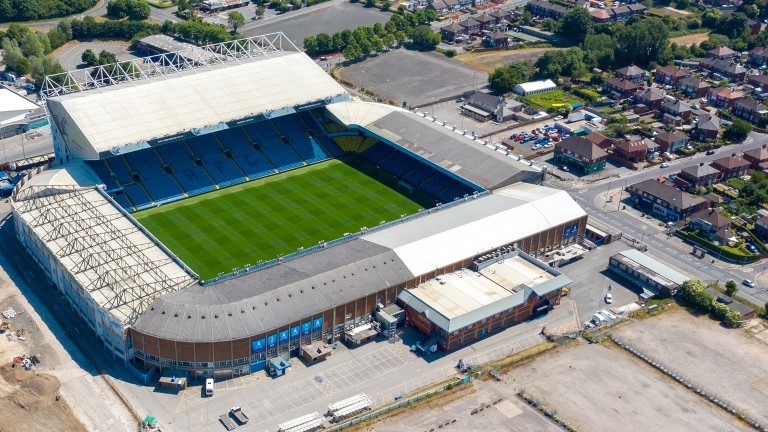
18th Asian Games Runs Faultless Secure Network
The 2018 Asian Games, held in Jakarta and Palembang, enjoy secure and faultless network performance.
Security on a Large Scale
The 18th Asian Games, also known as Jakarta–Palembang 2018, was a multi-sport event held from August 18 to September 2, 2018, in Indonesia. The Asian Games are one of the world’s largest sporting events, held every four years since 1954. More than 16,000 athletes from 45 Asian countries participated in the 2018 Games.
For the first time, the Asian Games were co-hosted in two cities; the Indonesian capital of Jakarta, and Palembang, the capital of the South Sumatera province. Preparation for the Games involved building new venues and renovating existing venues across four provinces in Indonesia: Jakarta, South Sumatra, Banten, and West Java. A total of 80 venues were involved, with the main stadium, Gelora Bung Karno, located in Jakarta.
The Asian Games are a large-scale international event. The 2018 Games had to cater to many thousands of people—including athletes, spectators, organizers, and supporters, from 45 different countries. An incredibly robust video surveillance system, along with many other security measures, was essential for both smooth operation and for the safety and security of everyone present at the Games.
The Asia Olympic Committee worked with PT. NEC Indonesia (NEC Indonesia), the ICT security system partner for the 2018 Games. Their goal: to create a smart, safe, and highly efficient environment, by deploying an innovative network infrastructure alongside advanced video surveillance systems.
A New ICT Security Network
After carefully evaluating several network vendors, the Committee and NEC Indonesia were unanimous in their selection of Allied Telesis. It was clear that Allied Telesis had the advanced products and solutions to provide the intelligent solution that the Games needed.
At the main stadium, Gelora Bung Karmo, Allied Telesis x510-28GSX; stackable Gigabit switches were used for a powerful network core. Virtual Chassis Stacking (VCStack™) enables multiple units to appear as a single virtual device, which simplifies management and provides a resilient solution. The x510 Series features dual power supplies to maximize the uptime and reliability of the game's network.
Fiber connectivity provided coverage right around the stadium from the x510 VCStack core to the GS900M and GS900MX/MPX Series Gigabit edge switches, which used Power over Ethernet (PoE+) to connect and power the digital video surveillance cameras.
At the Senayan Tennis Stadium within the same complex, Allied Telesis TQ4600 Enterprise-class wireless Access Points (APs) and TQ4400e Enterprise-class outdoor wireless APs were installed, alongside the Allied Telesis Unified Wireless Controller (UWC) for a seamless wireless user experience.
Centralized control and management by the UWC kept operating costs low by making this large-scale network simple to configure, monitor, and manage. The Allied Telesis UWC Series has been designed to specifically provide a single point of management for the operation, administration, and maintenance of all wireless APs.
Another key product used in the games network was the MMC Series of media and rate converters, which connected the entrance/exit facilities, and ensured smooth transit of all staff, athletes, and visitors.
A Successful Launch
Network construction began in April 2018, and the network began operation on the 18th of August when the 2018 Asian Games was officially declared open by Joko Widodo, President of Indonesia. The Games were a big success, with six world, 18 Asian and 86 Asian Games records broken during competition.
The network infrastructure proved to be highly reliable, with the wireless network providing flawless access to online resources and applications, while the video surveillance system ensured a safe and secure environment for all.
Although the network construction schedule was very tight, Allied Telesis went the extra mile to deliver our products early so we could complete pre-installation testing—these tests were completed successfully.
Allied Telesis had also agreed to provide remote support in the case of an issue, but there were no problems at all. In fact, the network operation began very smoothly and continued that way.
PT. NEC Indonesia
PT. NEC Indonesia were very happy with the Allied Telesis solution, and plan to use Allied Telesis again for future network projects in south-east Asia. Allied Telesis will continue to provide the products, knowledge and support to create and build effective and secure networks, and cutting-edge solutions.






